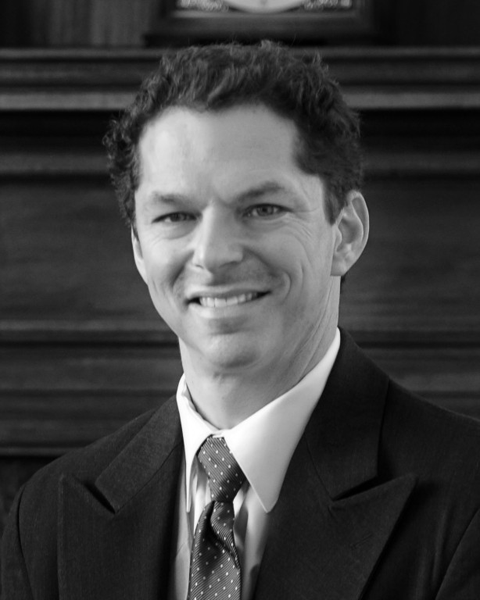On the evening of April 23 you’d have thought you were in the People’s Republic of Portland as economist Richard Wolff stirred up a standing-room-only crowd at the University of Southern Maine with his earthy, anti-capitalist rhetoric.
Wolff, 72, author of Occupy the Economy, congratulated student protesters who earlier in the month forced the university administration to back off from faculty cuts. He then encouraged the not-just-students audience to “take the power” from the rich and their corporations by organizing more protests, forming a radical political party, and creating workers’ cooperatives. The crowd ate it up.
What a contrast: Earlier I had listened to Republican Governor Paul LePage’s weekly radio message. Eight times in three minutes, LePage, 65, excoriated “job-killing liberals” — meaning Democratic legislators — for rejecting, among other bills, his Open for Business Zones, which would have bestowed huge tax breaks on big corporations.
As the campaign season begins, leading the charge on one side is a rural- and northern-Maine-based Trickle-Down Tea Party governor who sees government’s chief role as helping the rich (which he says indirectly helps working people), while he vetoes every bill in sight directly helping the poor and the struggling middle class, including Medicaid expansion, the issue that most occupied the Legislature this year and last.
On the other side: Well, Portland is far from a socialist city-state, and the Maine Democratic Party’s temperature is moderate overall. An argument can be made that Democratic legislators are themselves capitalist lackeys, since they have often voted for corporate welfare (see “Anatomy of a taxpayer rip-off,” February 19, 2014).
But Greater Portland is the center of the state Democratic Party and home to its most progressive members. Within 10 miles of Congress Square are 22 House and five Senate districts. Only two are held by Republicans, and the two independent legislators within this radius vote with the Democrats.

State Senate president Justin Alfond, a Democrat from Portland. |
The region’s Democrats, too, are influential. Senate president Justin Alfond and assistant majority leader Anne Haskell are both from the city of Portland. Democratic votes from this small slice of the state are crucial to the party’s statewide candidates.
THE POLARIZATION VORTEX
Policy-wise, the major work of the 126th Legislature’s two years ended in the early hours of April 18 with a big defeat for the majority Democrats: their inability to attract enough Republican votes to override LePage’s vetoes of bills accepting federal money provided under Obamacare to cover 70,000 more Mainers with Medicaid (MaineCare).
(The 126th actually is not quite over. In addition to possible special sessions, “veto day” on May 1 will respond to LePage’s final machine-gun burst of vetoes — already a record-breaking 148, as of press time, according to the Democrats (the governor’s office says 138). As I wrote this, I received an emailed announcement that he vetoed the latest budget bill. That veto is expected to be overridden, with most Republicans joining Democrats.)
Politics-wise, the Democrats may use the Medicaid issue in the fall. But it’s uncertain how what Democrats are calling LePage’s “war on the poor” will cut politically. The poor and near-poor vote in pitiful numbers, especially in non-presidential-election years, and many working people resent government aid to the less-well-off while they struggle so hard themselves.